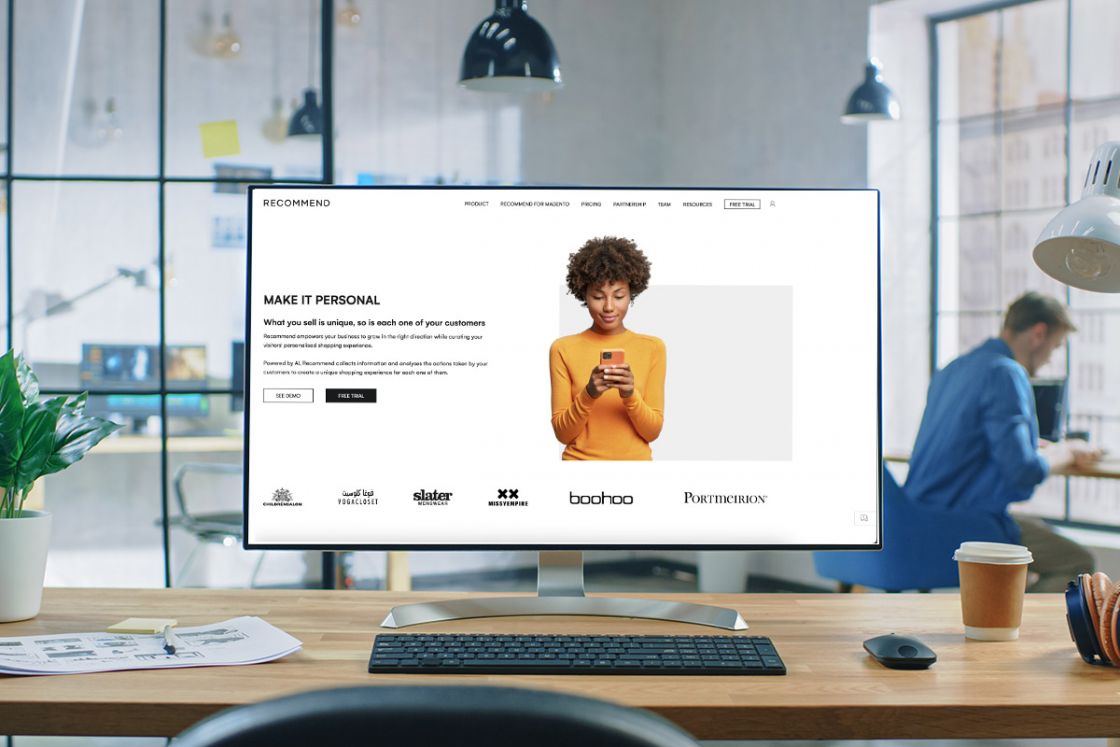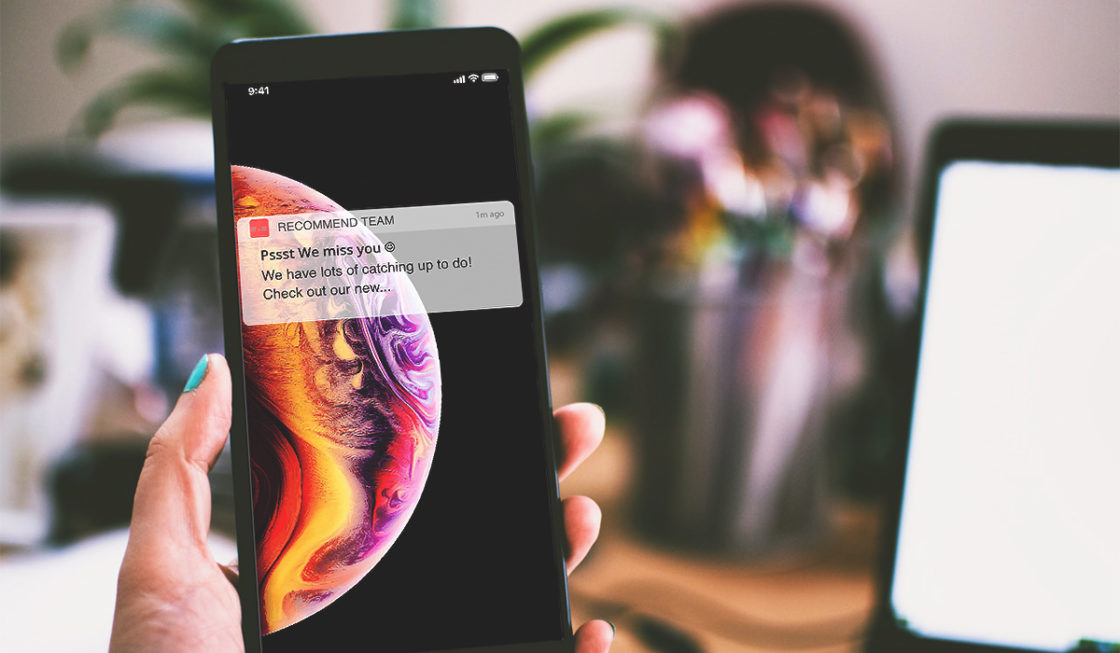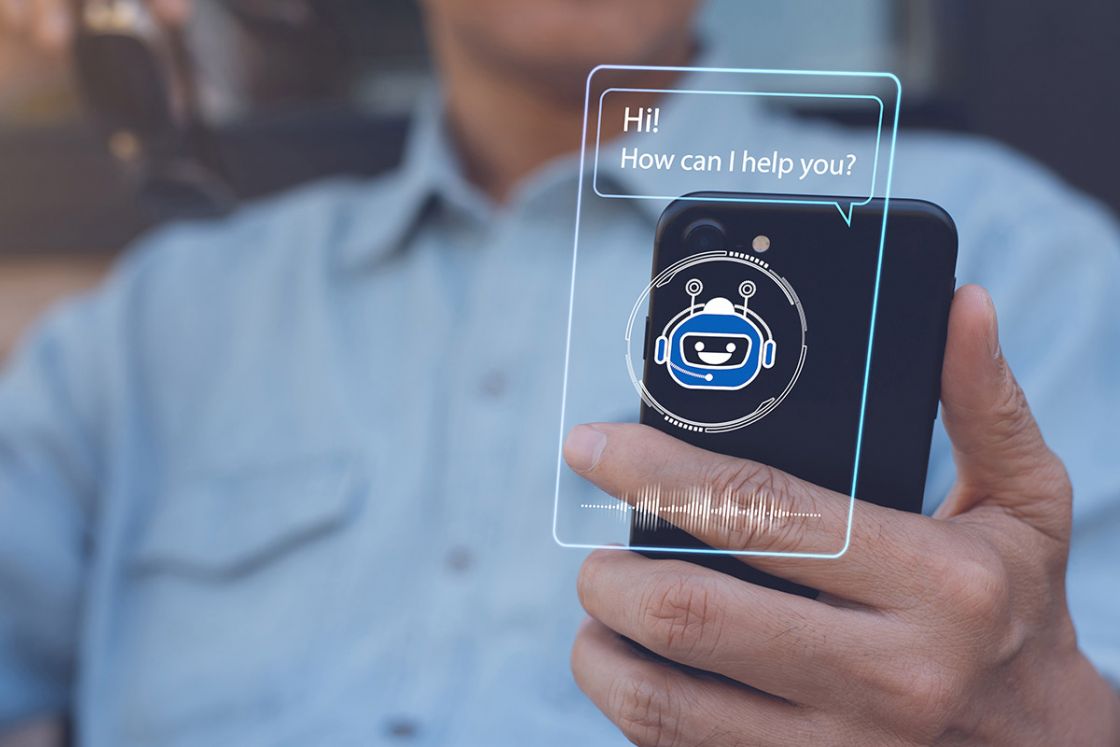Luxury brands & e-Commerce: 2021 Trends
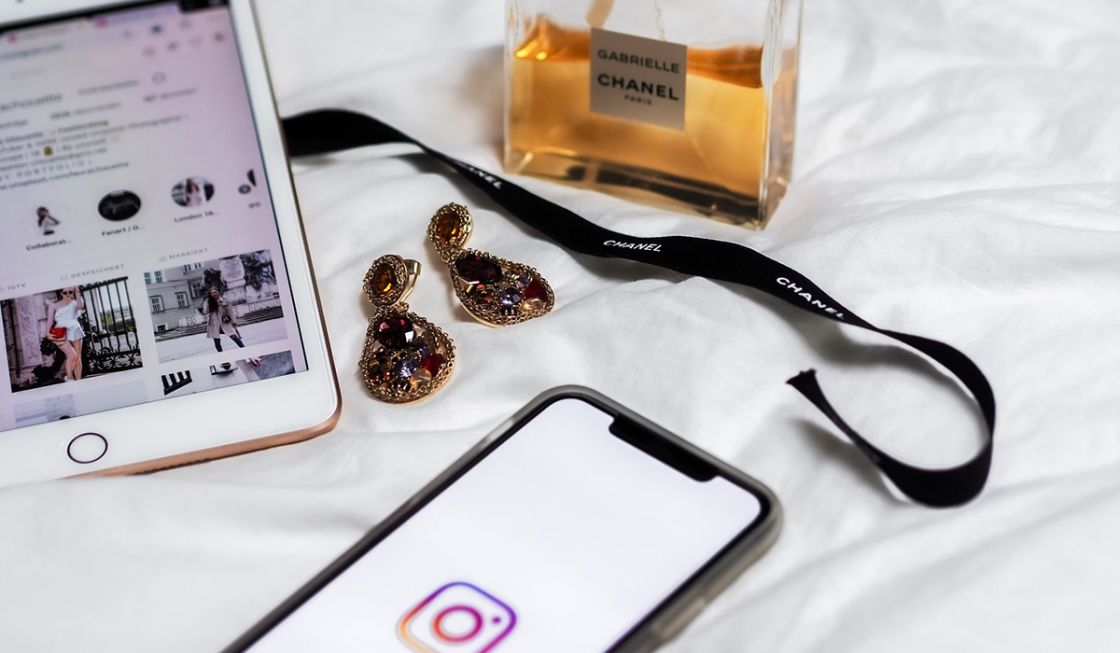
The digital age has allowed shoppers to interact with their favourite brands whenever and wherever they want. During 2020, the online ecosystem became the meeting place for brands and buyers, especially during the lockdown. However, the scenario for luxury brands was different.
Traditional luxury brands have always been wary of e-commerce. Mainly for fear of diluting the uniqueness associated with the brand and the offline shopping experience. However, the situation is changing. High-end e-commerce is a significant growth engine for both digital-native brands and traditional brands.
In 2019, consumers spent around € 33.3 billion on personal luxury items online globally. Wealthy shoppers are willing to buy these items online. This means that the luxury market must adapt to the “new normal” to continue providing its consumers with the same experience. This is not gradual evolution but a turning point for this market.
The rise of luxury e-commerce
Luxury brands have been some of the slowest to embrace e-commerce. The traditional luxury industry is now catching up to respond to evolving digital habits.
According to Deloitte’s “Global Powers of Luxury Goods” research, “Consumers are clear that they see the future of luxury as digital (…) The essence is shifting from emphasising physical (products) to focusing on the (digital) experiential.” More than 37% of consumers feel that luxury products and technology will be more closely linked.
To remain relevant, brands will have to offer and seek ways to tailor their marketing efforts to each consumer’s need for individuality. Personalisation plays on consumer sentiment and is an essential part of the experiential services associated with luxury brands.
Trends in online luxury in 2021
The firm Clark Consulting identified five trends that will shape the online luxury market in 2021. The most striking thing is the online consumer’s importance to the “exceptional and personalised” shopping experience, regardless of the contact channel (omnichannel strategy ). Here’s a summary of the top five trends:
The luxury space is online.
Online sales are expected to reach 25% of total luxury sales by 2025. Retailers need to ensure that their online experience encapsulates what it means to buy from their brand. This includes functionality and usability for the consumer, beauty and elegance in website design, and complete customizability for various people.
Redefining luxury for new generations
The spending habits of Gen Z and Millennials differ dramatically from those of previous generations. Almost 50% of this demographic would rather spend money on travel and experiences. This means that brands must reinvent the way they market their products. Associating a piece or accessory with an experience, with an aspirational element, is a way of approaching this new generation of buyers.
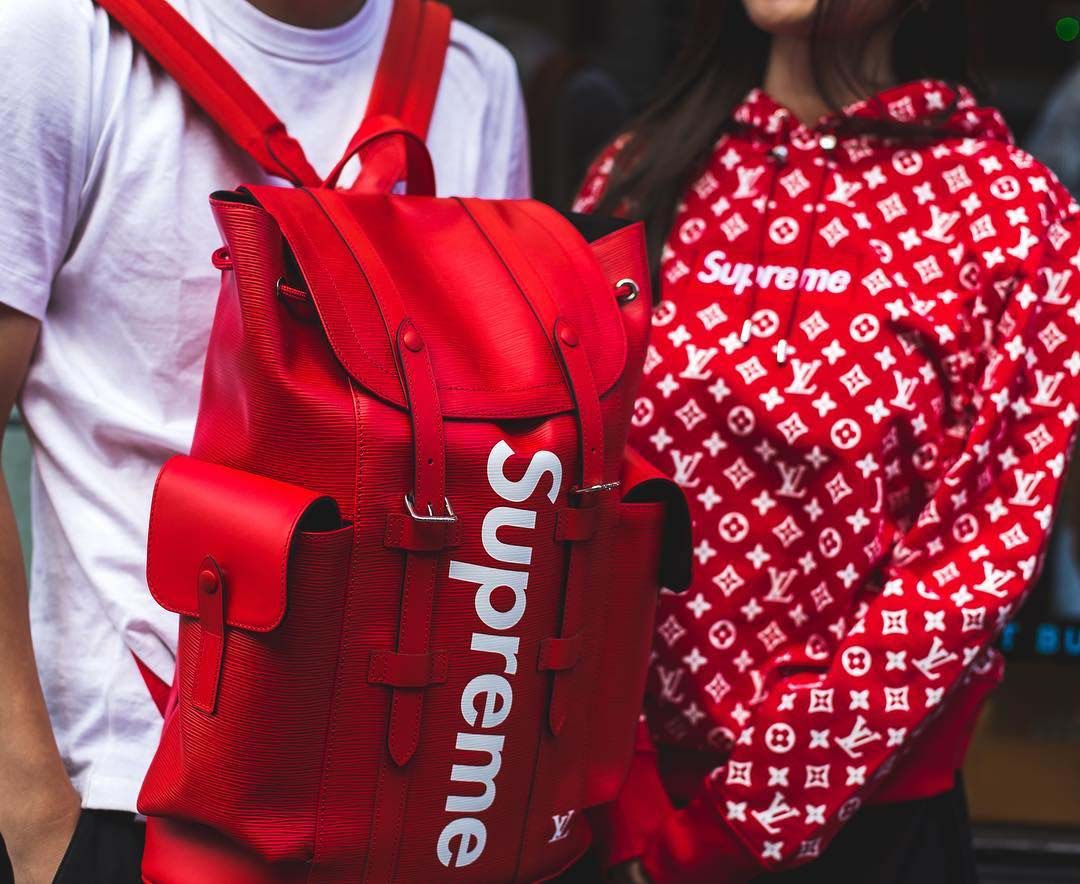
Brand loyalty is flexible.
This is a trend that has been affecting retail in general. 73% of shoppers are willing to consider new brands when shopping. Luxury retailers are turning to more creative approaches to the traditional loyalty program, for example, using special rewards and benefits to attract repeat buyers and foster a sense of an exclusive community. These rewards include early access to exclusive items, front row seats to fashion shows, and many more.
Collaboration with content creators
Luxury brands have gone one step further by involving celebrities, influencers, and online content creators in the process of creating products or clothing lines. For instance, in 2020, Gucci and hip-hop artist Gucci Mane developed and marketed a new clothing line. In 2017, Louis Vuitton and Supreme joined forces to create a luxury luggage line resulting in a 21% increase in sales. Strategic partnerships are becoming more and more prevalent in luxury retail.
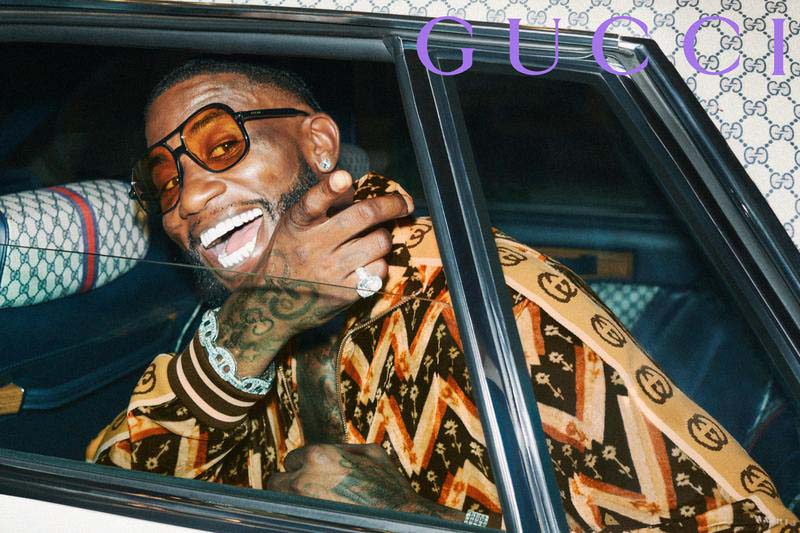
Omnichannel strategy
Omnichannel selling is a trend that many luxury retailers have been reluctant to adopt. This is because most cling to the belief that “the luxury consumer wants an exclusive in-person shopping experience.” However, at least 60% of all luxury sales are made online or influenced by an online presence. Investing in e-commerce and digital capabilities should be a priority for luxury retailers as a means of reaching and engaging consumers more effectively.
In Conclusion
Following the shift from consumer power to younger generations. Gen Z consumers and highly connected Millennials are rapidly becoming the largest segment of luxury shoppers. Traditional luxury brands must upgrade. Its legacy structures offer a smoother online shopping experience.
To adopt the digital change that today’s market requires, your brand must have the correct tools. Recommend is the 360º personalisation and marketing platform that will optimise your website and collect critical data to provide your customers with the exceptional and personalised shopping experience they are waiting for.
